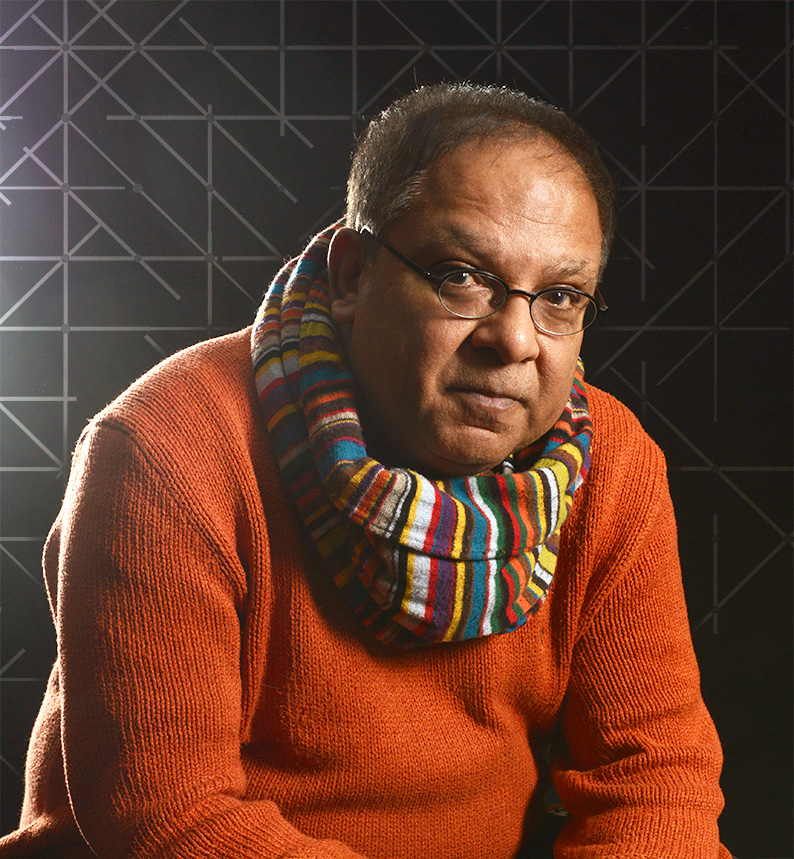Perhaps it wasn’t my home, but Hong Kong sure felt like it.
From the age of twelve, I was showered with free airline tickets by my father, an employee of East African Airways. Although rich in tickets, we were poor financially. This meant sleeping on airport floors (permitted then), walking to the town centre, eating the cheapest local food and wandering around all day. There were no beautifully pictured guidebooks listing the top one hundred sights to see. Despite exploring every corner of the world, I always made a point of visiting Hong Kong in late summer—my final treat before returning to school in England.
Sometimes, in the middle of the night, I am carried away in my sleep to a window seat in an airplane, lurching precariously between buildings no more than seven stories high—a rule of law set specifically to allow an approaching plane to land at the old Kai Tak Airport.
Arriving at noon, ignoring any jetlag, I would check my small carry bag into storage, walk the three miles to downtown. Every street mesmerized me with its totally exotic people, shops and street markets. My first stop was to Tiger Shark Park on the edge of Kowloon Harbour. It was 4 p.m.
The kids would be out of school and playing football in the park. I would join them. Being a goal scorer, I was always welcomed. A few blocks up on Nathan Road, stood my Muslim mosque. There, I could scrounge a free meal, glasses of cold water and snacks for my walk back to the airport.
The following day, my annual ritual continued. An early start, arriving at the tip of Kowloon to board the cheapest transport—the Star Ferry—for 50 cents to cross the magnificent harbour, covered with sampans and tugboats, to Victoria Island. For another four bits, a double-decker bus, slowly winding through hills and valleys, took in the whole panorama of the Happy Valley racecourse on one side and the slope of a hill on the other, littered with marble tombstones fighting each other for space. Sitting on the second level at the front of bus, over the driver, every corner and every stop showed off yet another wondrous delight. Next it was Repulse Bay. The curving ups and downs of the narrow road, the swishing of branches against the window, left you breathless, as though attending a funfair ride—the whole expanse of large double window a foot in front of you.
Halfway along the route, I got off at Aberdeen Village. The whole inlet from the sea was chock-a-block full of junks and dhows, where the Hakka tribe made their permanent homes. It was also the cheapest eating place in Hong Kong. With no parents to forbid me, I gorged on waffles made in front of me for a pittance. Though a stranger in a room of local fishermen, I was welcomed to whatever fish and rice I could eat for a dollar. My afternoon ended in Stanley Village, where a local market sold T-shirts for cents to take home as gifts. These shirts were in flamboyant red or lively royal blue, intricately woven in gold thread with images of one dragon covering both the front and back. 4 p.m. saw me back at Tiger Shark Park, scoring goals. By eight I was back at Kai Tak, laying on a wooden bench, my carry bag used as a pillow.
I married a Filipina and we reared two boys. Laura returned to her family every summer. We would fly on Cathay Pacific, stopping over in Hong Kong. This time, paying full airfare, we stayed at the Salisbury YMCA. For a few dollars more, we rented a room with a view over the cultural centre, across the harbour, to the lit-up office towers and hotels in Victoria. It was more spectacular than London’s Regent Street at Christmas. When young, my boys would wake up at three in the morning with jetlag. “Pops, can you get us something to eat?” I woke up and looked out of the window. Across the road, a tall Chinese man was jogging by. Minutes later, others joined him. As dawn approached, the elderly were seen on the roof of the culture centre practicing calisthenics. It was almost four in the morning by the time I left to hunt for food. A block behind us, stairs led to a basement. There operated an all-night McDonalds. The Big Macs and fries brought tears of joy to my family.
Our children grew and left home. Laura still managed to escape to the Philippines every summer. Once, I asked her to meet me in Hong Kong for a week during her sojourn. By then, the city state had reverted to mainland China.
We went out to rediscover our old haunts. It was an alien and most disappointing day. The normal run of international tourists was replaced by day trippers from China. On the ferry I spoke to one. She was loaded with high-end handbags. “I’m a university professor. I come once a month, to buy as many luxury goods as possible, then sell them at home. It helps my family survive.” To find someone willing to converse was an exception. The Cantonese we were used to overhearing was now replaced with Mandarin. It was rumoured that illegal Chinese mainlanders were deliberately allowed to flood Hong Kong. Before, the citizens were welcoming and took pride in cultural events. The Shakespeare Company toured annually. Hong Kong’s independent academic bookstores were the finest in the world. For tourists, Hong Kong was the safest and most hospitable. Today, the atmosphere was subdued and wary.
Walking all day, Laura finally gave up the ghost a few blocks from our YMCA. I had no hesitation in hailing a taxi. Transportation was cheap. The fare should be three dollars. A cab parked in front of us. Two burly men sat in front, speaking Mandarin. Once given the hotel, they completely ignored us.
They stopped a block away. “Twenty dollars,” the driver snarled at us.
“But we’re not at our hotel.” The front strong-arm man repeated the amount even louder. Laura tugged my sleeve. We paid and got out of the car as fast as we could.
A few years prior, I had visited Hong Kong alone. The whole island was covered in dense fog. Inevitably I got lost. There was no one around. Suddenly I heard a roar. It was inches away from me. Through the fog I saw a tiger— behind bars—but the bars were only six inches apart. There was no protective steel mesh. The tiger roared again, flashing its sabre teeth. We were so close to each other that I could smell its stinky breath. I had discovered the island’s tiny and only zoo, surrounded by high rises.
As Laura and I walked miserably back to our hotel, no longer trusting a cabbie, the memory of the tiger’s roar and stinky breath overwhelmed me on my final visit to the city I once loved.


